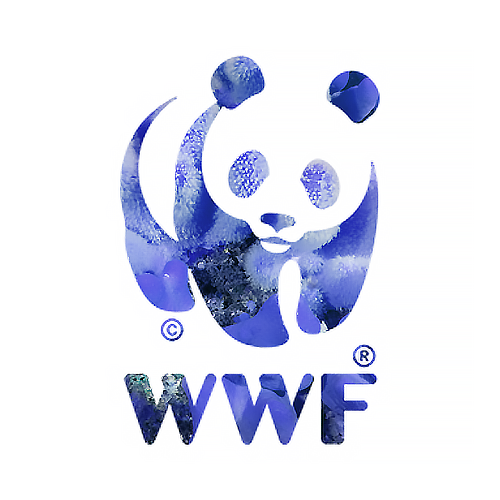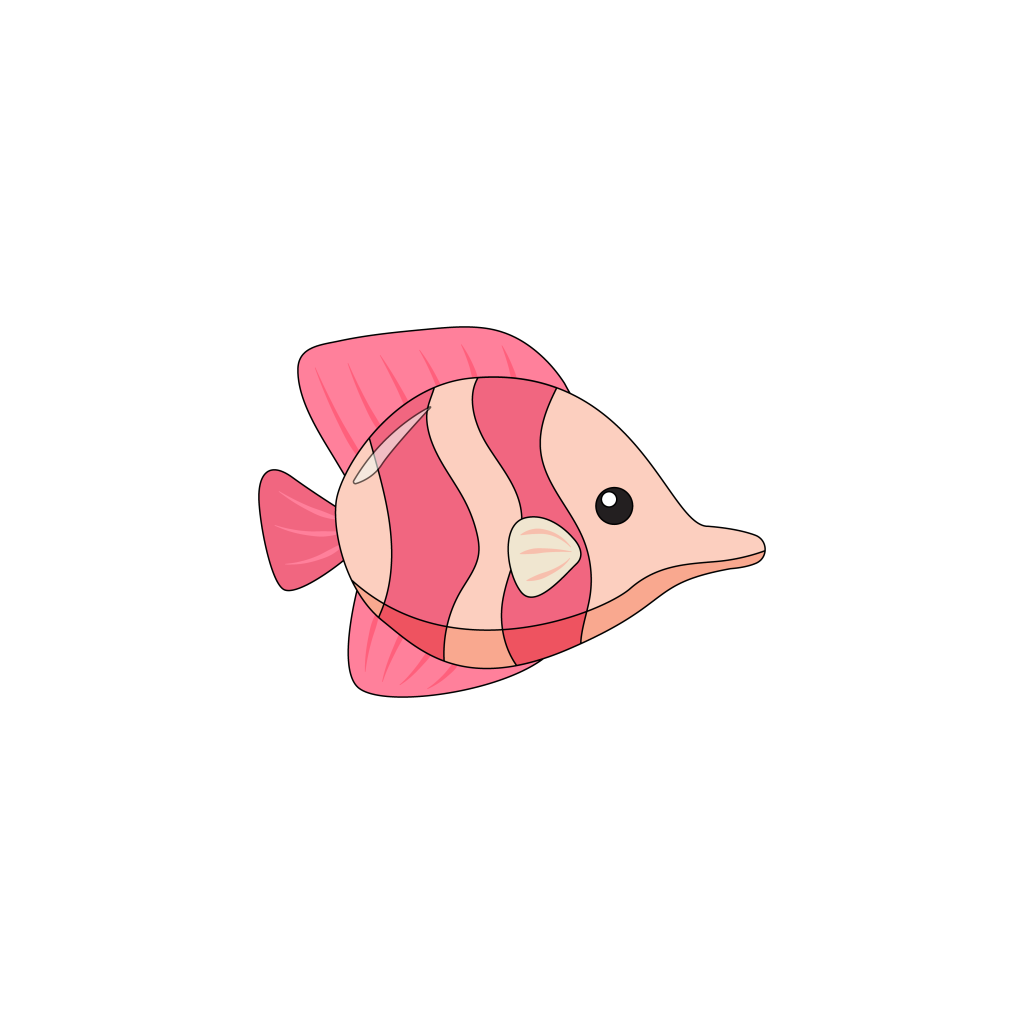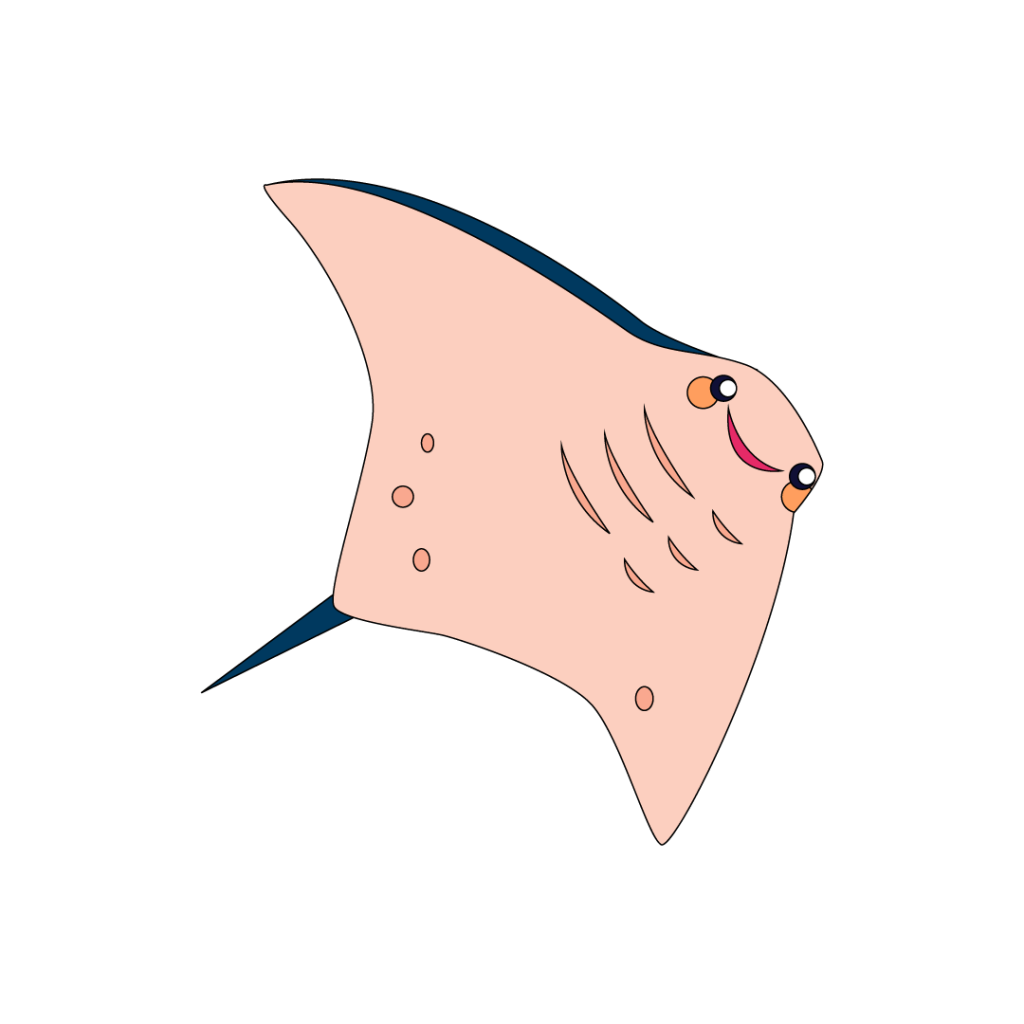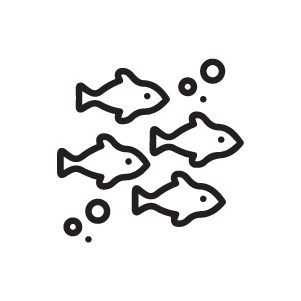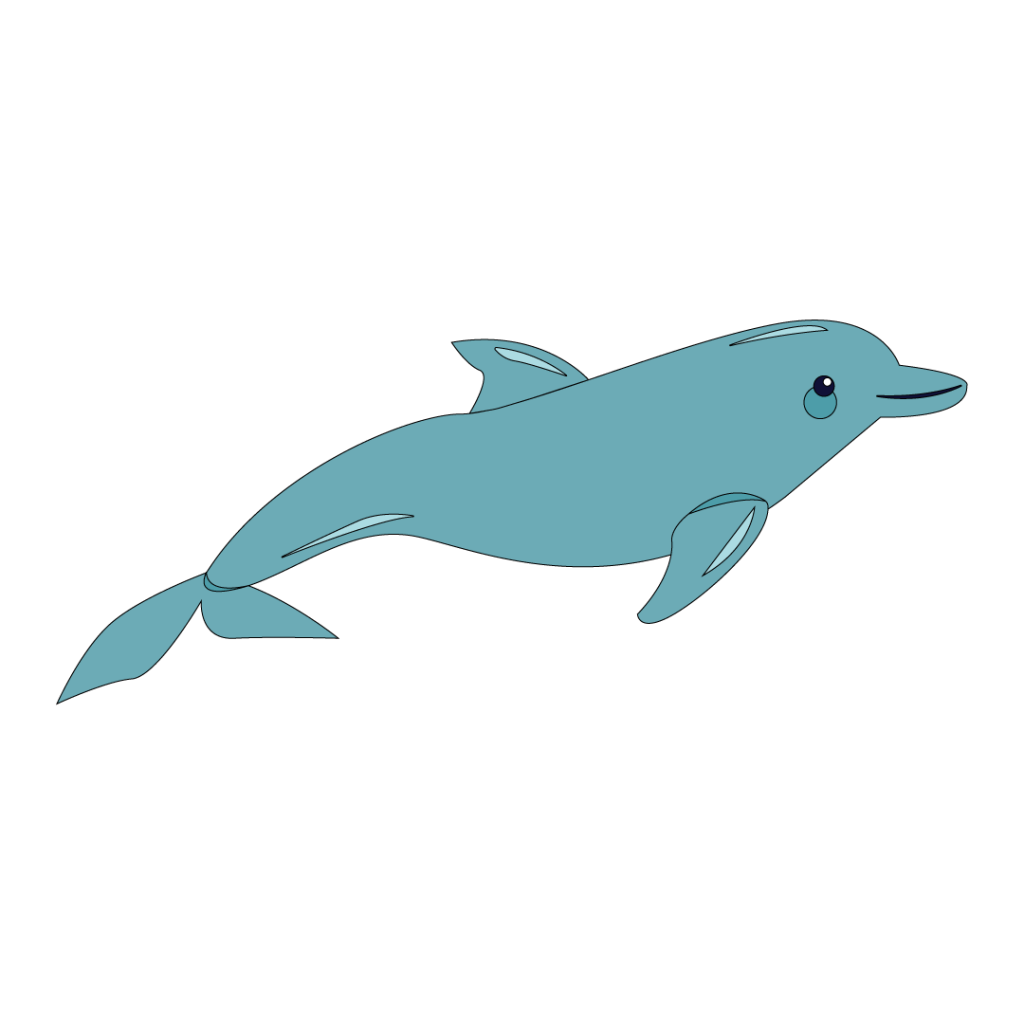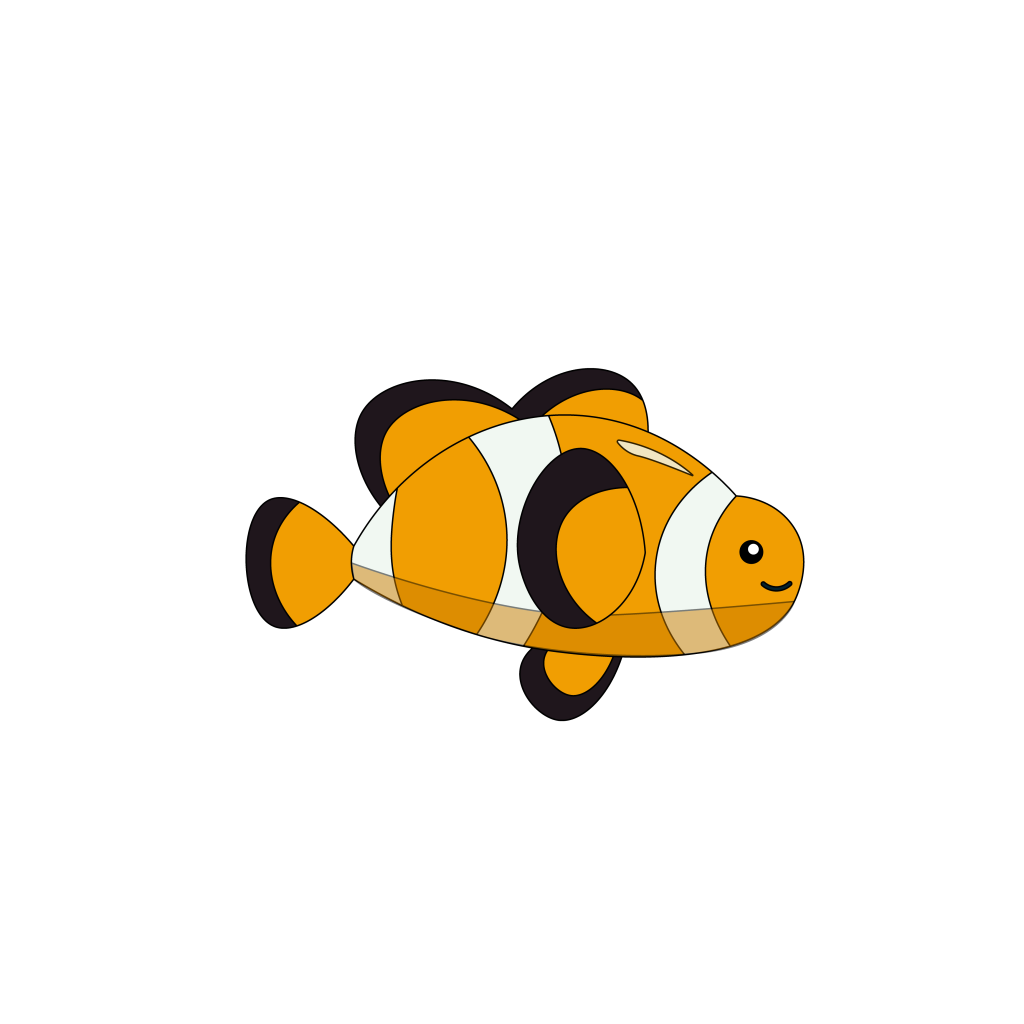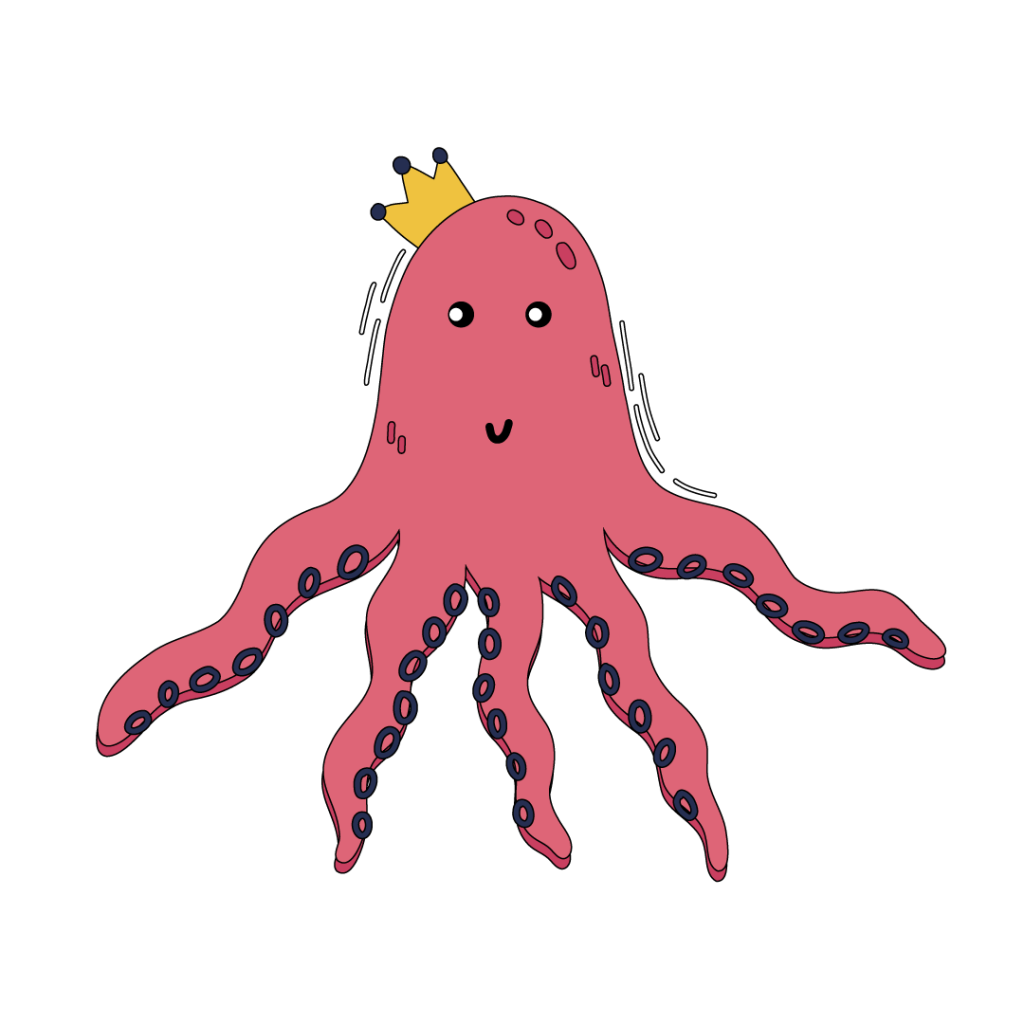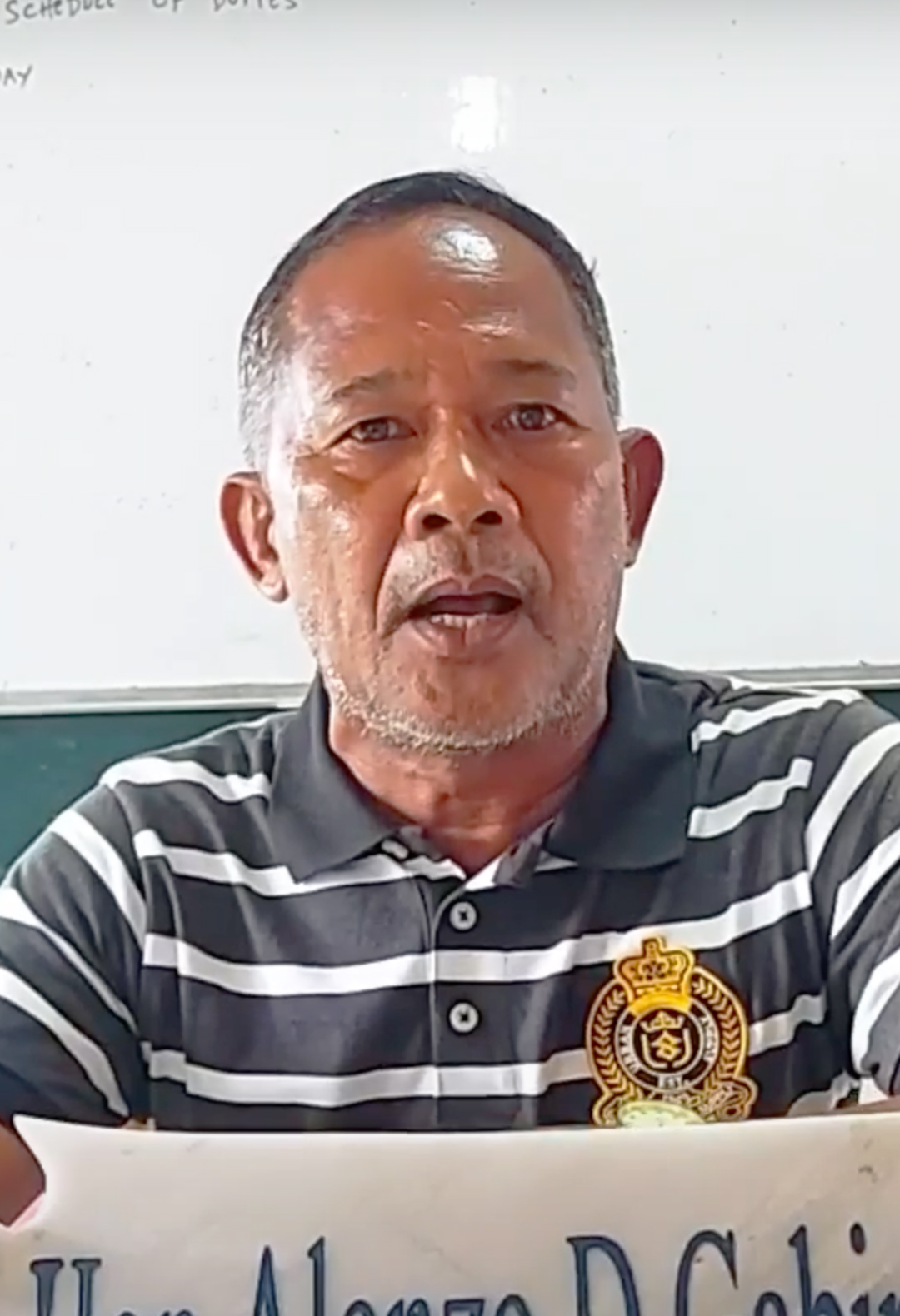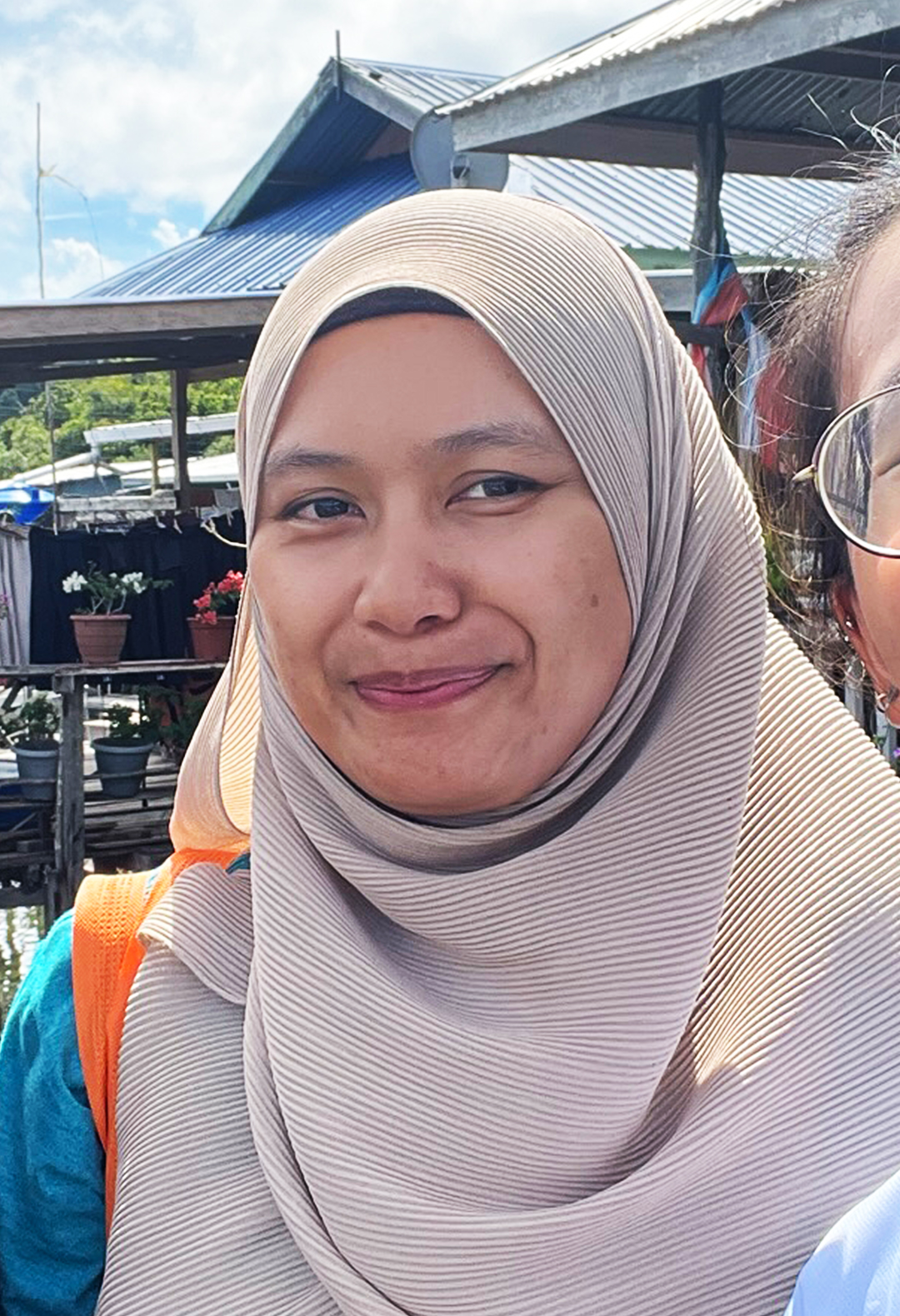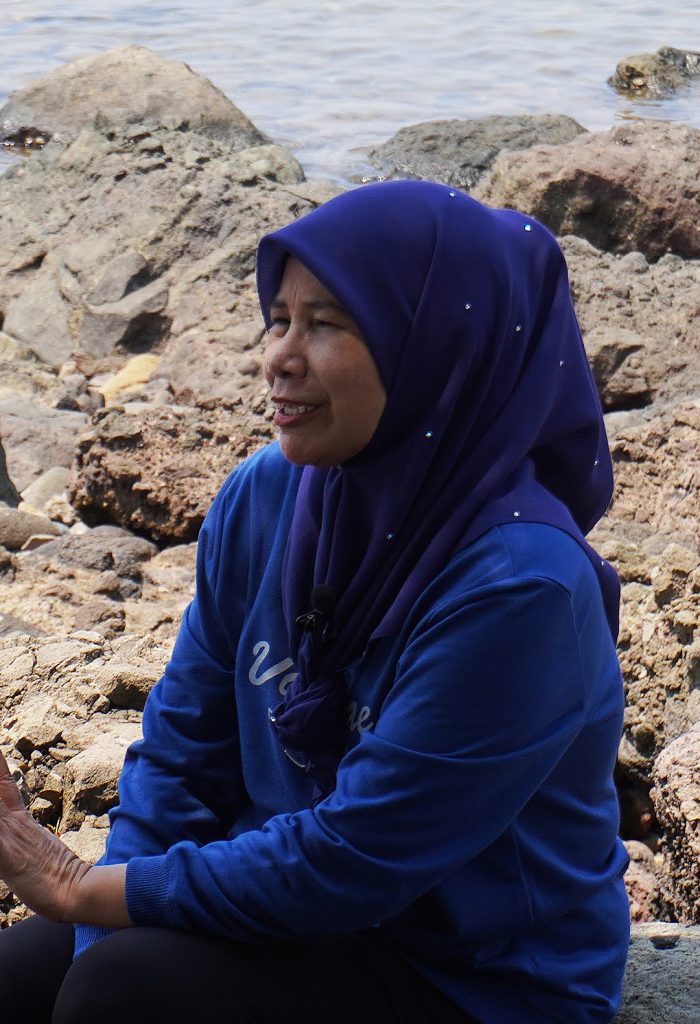Well-managed Marine Protected Areas (MPAs) act as underwater sanctuaries, shielding vital marine habitats from harmful human activities like destructive fishing practices. This enables the safeguarding of blue carbon habitats such as mangroves and seagrass meadows, which are crucial for climate resilience. These habitats, along with coral reefs, enable commercially valuable and threatened fish species to feed, breed, and recover, consequently supporting the livelihoods of local communities that rely on the health and productivity of coastal and marine biodiversity.










